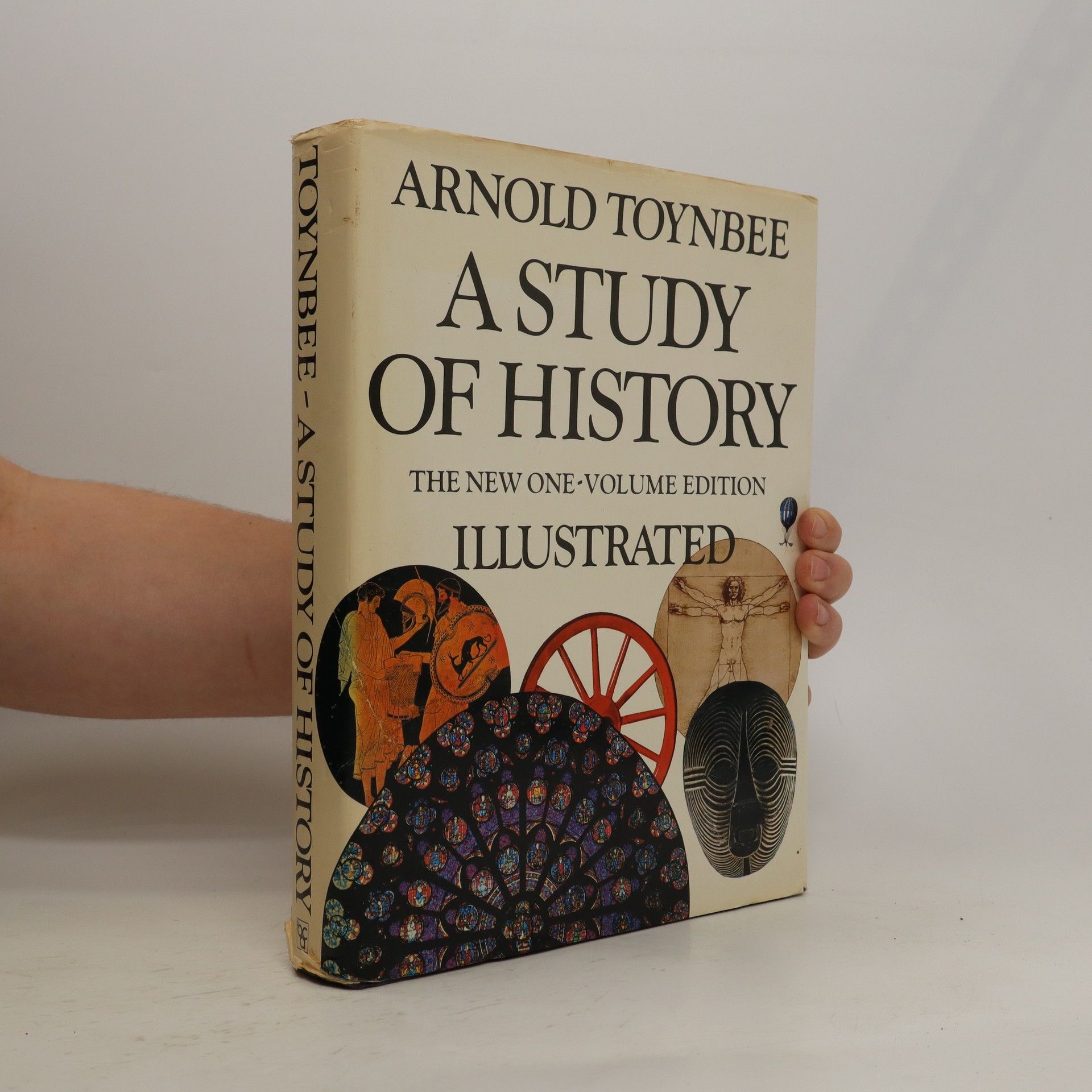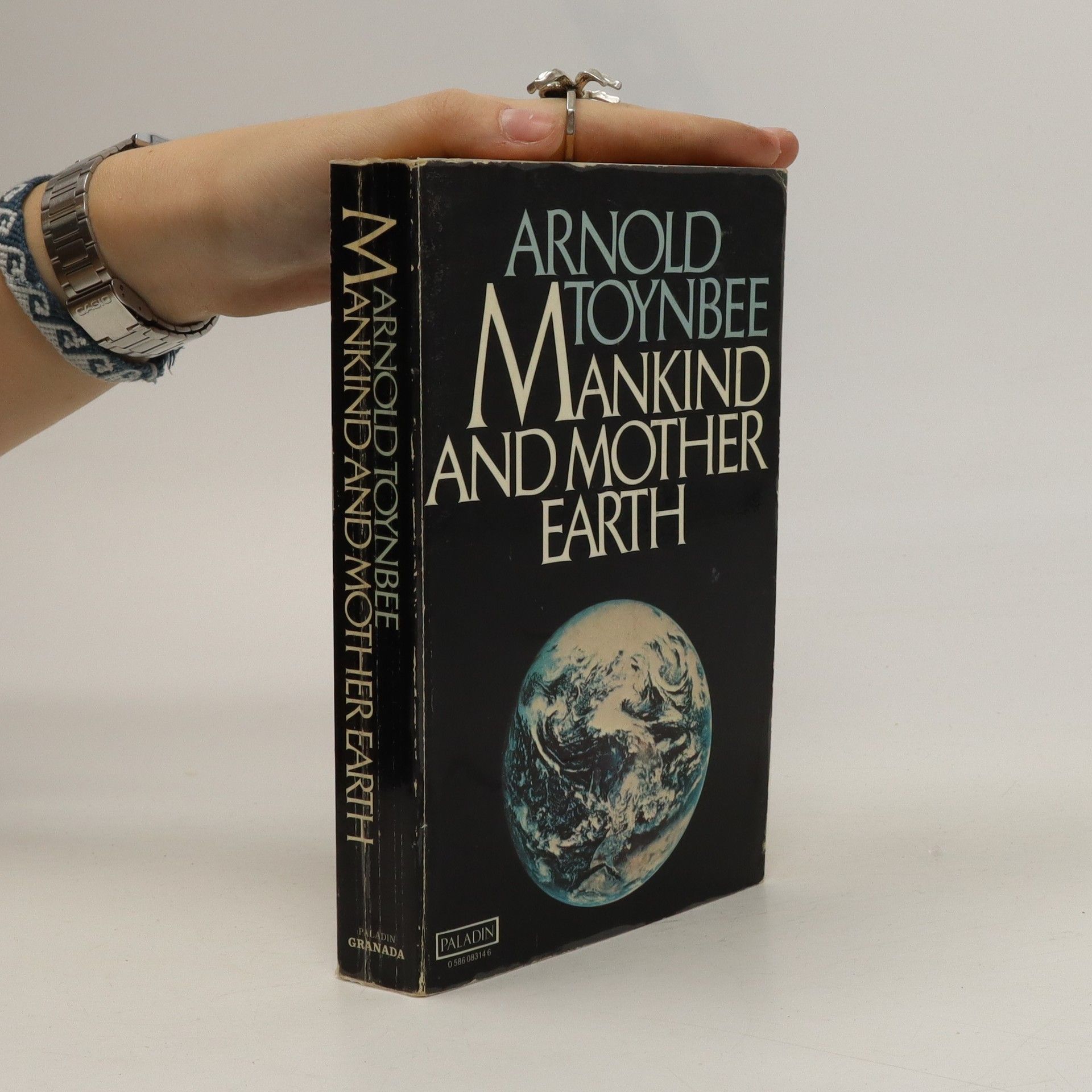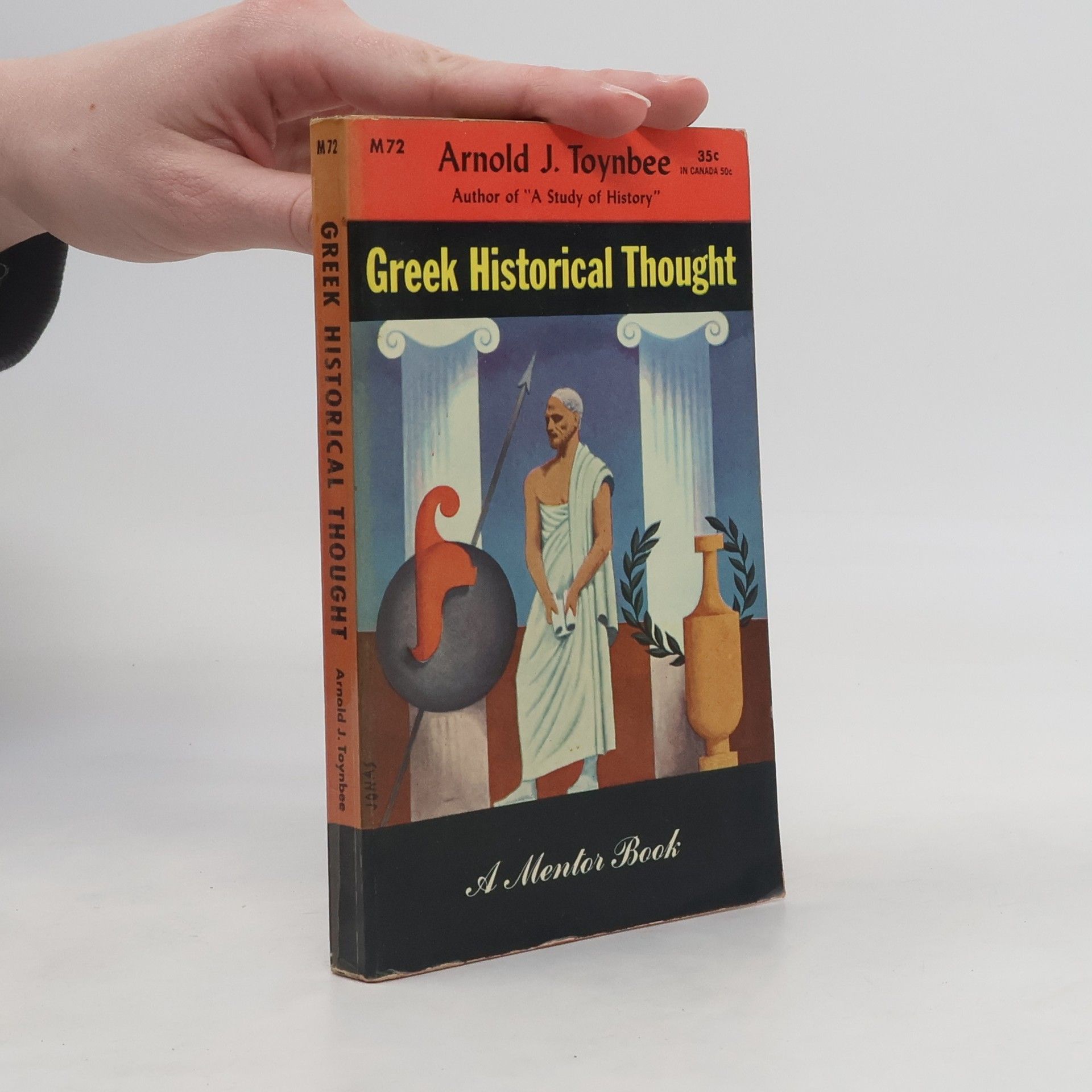Arnold Toynbee Libros
Arnold J. Toynbee fue un historiador británico, célebre por su monumental obra 'Estudio de la Historia'. Este vasto trabajo examinó el surgimiento, desarrollo y decadencia de las civilizaciones, presentándolas como un ciclo de ascensos y caídas en lugar de centrarse en estados-nación o grupos étnicos. El análisis central de Toynbee sugiere que el bienestar de una civilización depende de su capacidad para enfrentar desafíos con éxito. Sus profundas reflexiones ofrecen una perspectiva única sobre las fuerzas dinámicas que impulsan el progreso y el declive civilizatorio.







A Study of history. Abridgement of volumes VII-X by D.C. Somervell
- 426 páginas
- 15 horas de lectura
Toynbee's analysis of the rise and fall of civilizations has been acknowledged as an achievement without parallel in modern scholarship. This abridgement, while reducing the work to one-sixth of its original size, preserves its method, atmosphere, texture, and for the most part, the author's very words.
A new edition revised and abridged by the author and Jane Caplan.This one-volume 576-page edition of A STUDY OF HISTORY puts the essence of the great work into easily accessible and most attractive form. (The original totals more than 7,000 pages.) Moreover, as Dr. Toynbee's foreword makes clear, the new book is more than an abridgment of the original. He has extensively redrafted, revised, and updated his history, to take note of new historical events and discoveries and to include his own 'reconsiderations' of his concepts. The new edition is also the first to be illustrated. There are more than 500 historical pictures, many reproduced in color and all selected by Dr. Toynbee with the assistance of Jane Caplan, his collaborator on the project. Miss Caplan has written the excellent captions for the pictures, which are closely coordinated with the text. Here, in sum, is a brilliant history and great scholarly work, in wonderfully readable form.
A Study of History. Abridgement of Volumes I-VI
- 630 páginas
- 23 horas de lectura
Arnold Toynbee's analysis of the rise and fall of civilizations has been acknowledged as one of the great achievements of twentieth-century scholarship. D.C. Somervell's abridgement of this monumental work is a great achievement in its own right. While reducing the work to one sixth of its original size, he has succeeded in preserving its method and character. The first volume of the abridgement presents Toynbee's philosophy of history as it appears in the first six volumes of the original work. This volume includes the Introduction; The Geneses of Civilizations; The Growth of Civilizations; The Breakdowns of Civilizations; and The Disintegrations of Civilizations. The second volume comprises volumes 7-10 of the original, including Universal States; Universal Churches; Heroic Ages; Contacts Between Civilizations in Space; Contacts Between Civilizations in Time; Law and Freedom in History; The Prospects of the Western Civilization; and Conclusion.
Arnold J. Toynbee, a historian renowned for his 12-volume work, offered a grand synthesis of world history, focusing on the rise and fall of civilizations rather than nation-states. He was regarded as an 'international sage' alongside figures like Einstein and Russell. Daisaku Ikeda, a prominent spiritual leader of a global lay Buddhist organization, engaged in discussions with Toynbee from 1971 to 1974 about pressing societal issues that remain relevant today. Topics such as pollution, dwindling resources, conflict, the role of religion, and population growth are even more urgent now than they were decades ago. This volume, reissued for a new generation, captures the inspiring challenge posed by both men: will humanity choose to revolutionize its thinking and morals to salvage its destiny, or will it face disaster through self-destruction and environmental degradation? The text acknowledges the threat posed by the imbalance between human immaturity and technological advancement, yet it conveys an optimistic message: the evils created by humanity can be addressed with human solutions.
The German Terror in France: An Historical Record
- 300 páginas
- 11 horas de lectura
A vivid and harrowing account of the atrocities committed by occupying German forces in France during World War I. Draws on eyewitness testimony and documentary evidence to paint a detailed picture of the horrors endured by French civilians and the resistance movement. A powerful indictment of war and tyranny.
The Balkans
- 164 páginas
- 6 horas de lectura

